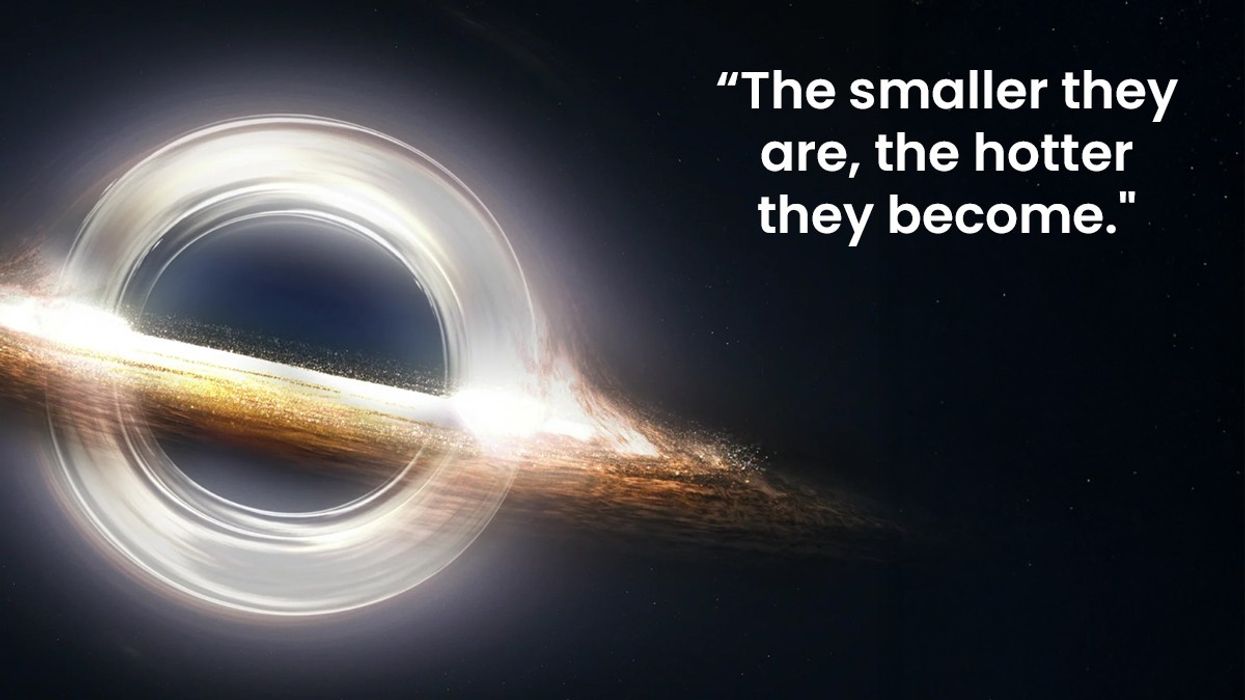It’s the stuff of science fiction—a brave explorer launches into space, only to return and find the world radically changed. But for Russian cosmonaut Sergei Krikalev, this was no movie plot. It was real life.
When Krikalev left Earth in 1991, he was a proud citizen of the Soviet Union, embarking on what was supposed to be a routine five-month mission aboard the Mir space station. But as political upheaval shook his homeland, his return was repeatedly delayed. By the time he finally made it back 312 days later, the USSR had collapsed, his country had ceased to exist, and even his hometown had a different name.
A routine mission turned into an unexpected exile
In May 1991, Krikalev launched from Kazakhstan’s Baikonur Space Center aboard a Soyuz spacecraft. He was accompanied by Soviet cosmonaut Anatoly Artsebarsky and British astronaut Helen Sharman, who had become the first British citizen in space. Their mission was to conduct repairs on Mir, the Soviet Union’s famed space station.
After eight days, Sharman returned to Earth alongside the two crew members already on Mir, leaving Krikalev and Artsebarsky behind to continue their work. Everything was proceeding according to plan—until political tensions on the ground began to escalate.
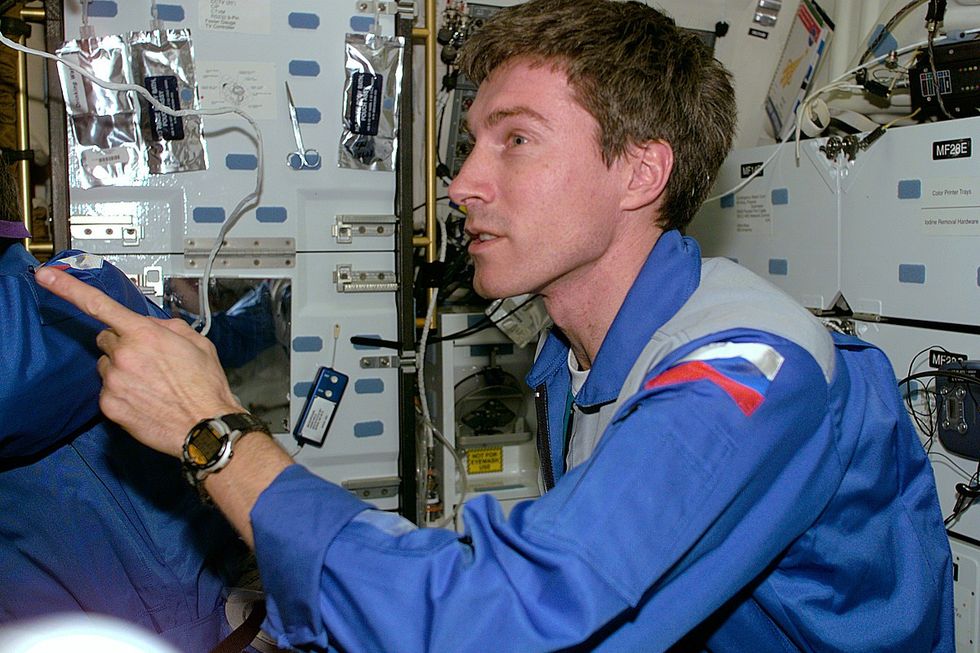
That summer, the Soviet Union was crumbling. Several republics were declaring independence, and economic instability was shaking the foundations of the once-mighty superpower. One of those newly independent states was Kazakhstan, home to the Baikonur Space Center. In an attempt to maintain good relations, Moscow offered a Kazakh cosmonaut a coveted spot on Mir, which meant that Krikalev’s designated replacement was bumped from the mission.
With no trained relief cosmonaut available, Krikalev was told he had to stay in space indefinitely.
The last citizen of the Soviet Union
As the months passed, Krikalev remained aboard Mir, orbiting Earth over 5,000 times. Meanwhile, back home, everything was changing. On December 25, 1991, Mikhail Gorbachev resigned as leader of the Soviet Union, and the country officially ceased to exist.
Krikalev was now, quite literally, the last Soviet citizen.
While he continued his work on the space station, Russia, the USSR’s successor state, struggled financially. In an effort to keep the Mir program alive, officials even considered selling spots on missions to Western nations, introducing the concept of space tourism decades before it became mainstream.
For Krikalev and his fellow cosmonauts, however, abandoning Mir was not an option. If they left the station unattended, it would likely mean the end of the program. So he stayed—watching from above as his country disappeared beneath him.
A hero’s return to a different home
Finally, in March 1992, Krikalev was told he could come home. After spending nearly a year in microgravity, he landed near Arkalyk, Kazakhstan—no longer part of the Soviet Union, but now an independent nation.
The physical toll of his extended mission was severe. He had lost significant muscle mass and bone density due to the prolonged weightlessness, making it difficult for him to even stand upon returning. Doctors diagnosed him with symptoms of extreme physical stress.
But perhaps the biggest shock was realizing that his homeland had changed forever. The city he called home, Leningrad, was no longer Leningrad. It had reverted to its pre-Soviet name—St. Petersburg.
Despite the hardships, Krikalev remained dedicated to space exploration. He went on to complete multiple missions, including flying on NASA’s Space Shuttle, and eventually became a key figure in the Russian space program.
Finding home in the stars
Despite everything, Krikalev never lost his love for space. British astronaut Helen Sharman once reflected on his mindset, saying,
“He always said when he got into the space station, he felt like he was going home.”
— Helen Sharman
Krikalev himself recalled how he passed the time during his extended stay: not by reading or finding distractions, but by simply looking down at Earth.
“Every spare moment, we tried to look at the Earth.”
— Sergei Krikalev
Sergei Krikalev's story is one of resilience, dedication, and a unique kind of exile—one that left him stranded not on a distant land, but in the vastness of space. Though he returned to Earth, a part of him always remained among the stars.





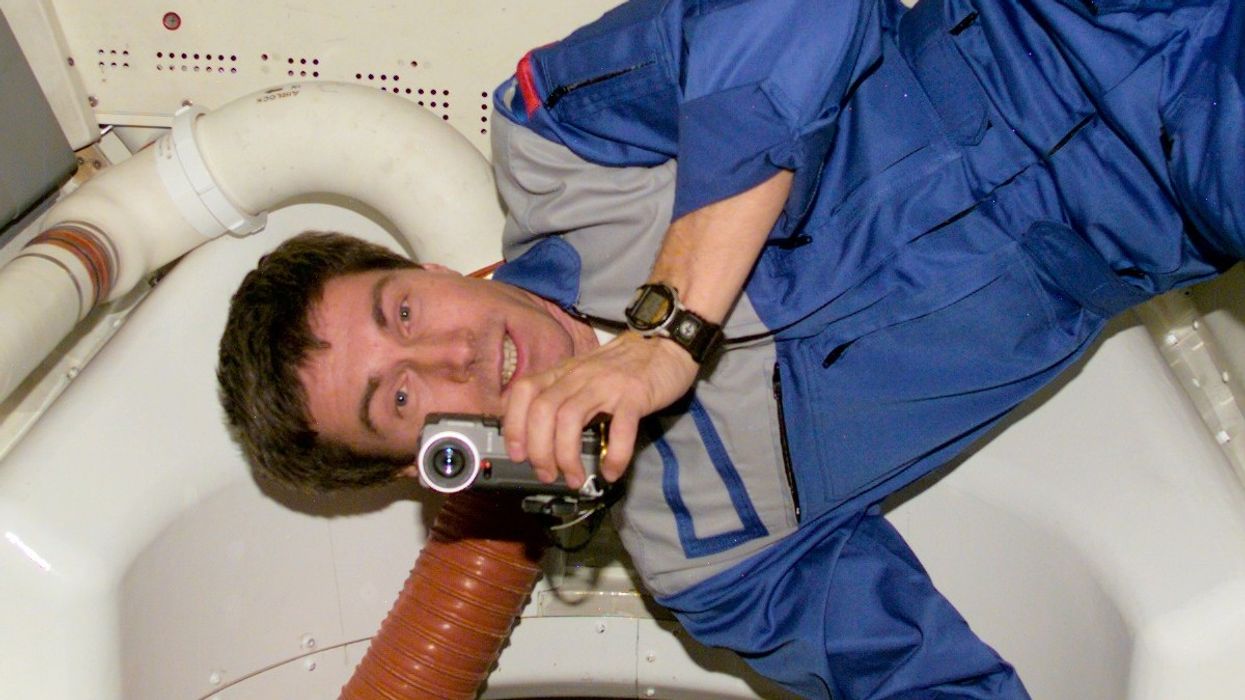





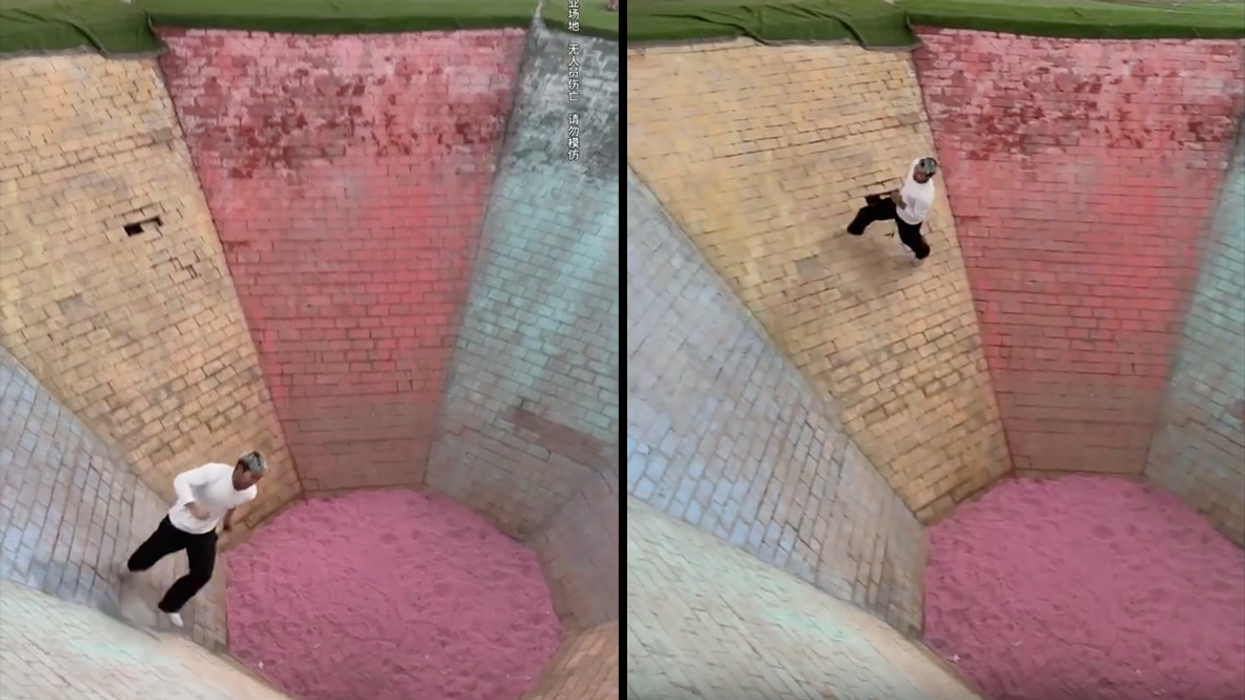
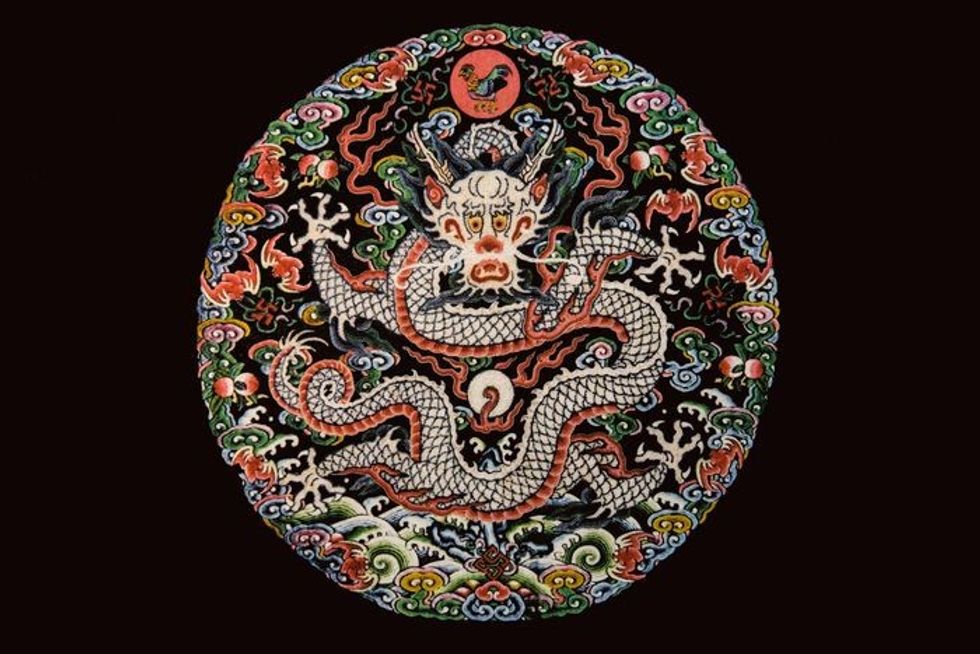 This represents the key to the perfect flow statePhoto by
This represents the key to the perfect flow statePhoto by 


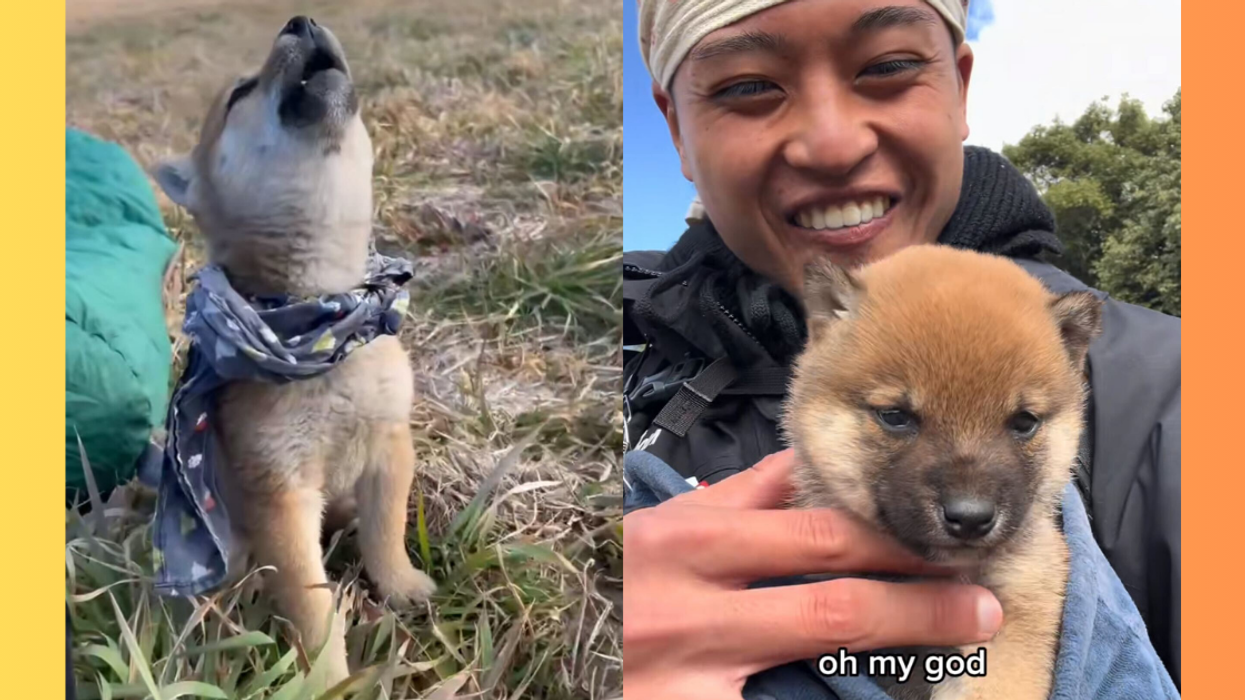



 Representative Image Source: Unsplash | Pawel Czerwinski
Representative Image Source: Unsplash | Pawel Czerwinski 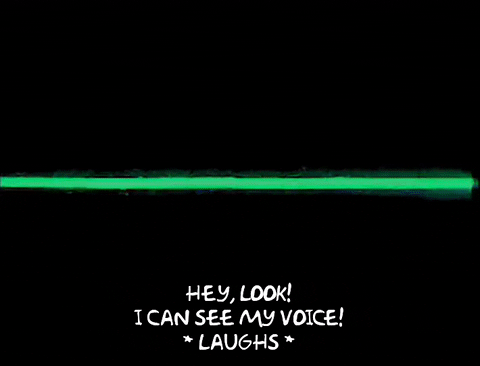
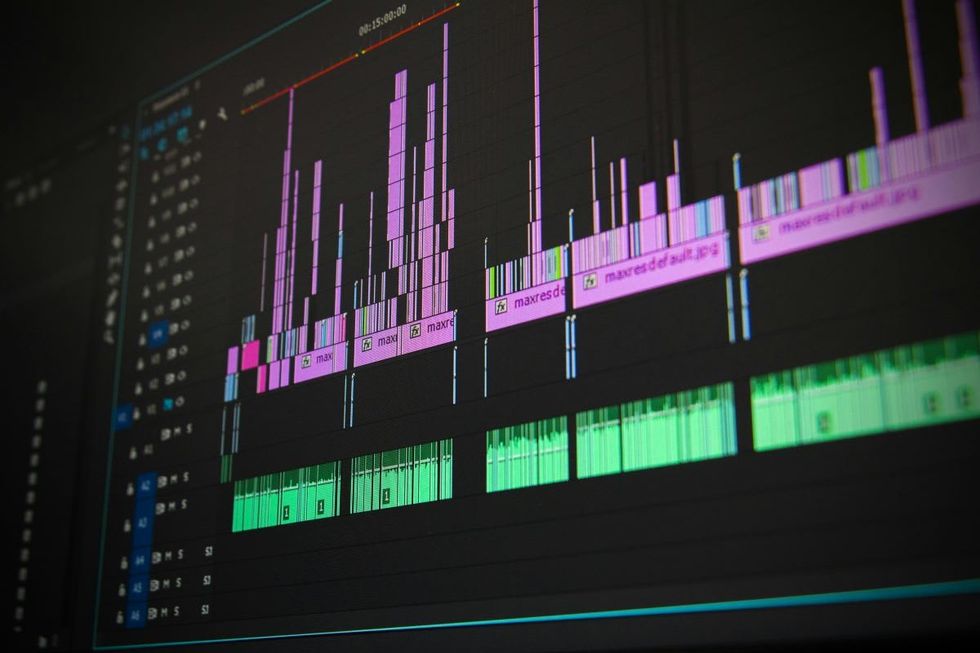 Representative Image Source: Pexels | Pixabay
Representative Image Source: Pexels | Pixabay 






